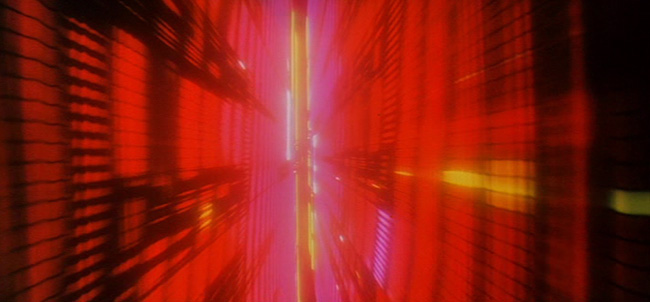I like this certain type of music.
Brian Bennett - Ocean Glide
Alan Hawkshaw - Saturn's Rings
Well, more of a "feel" of music, if you can say that. A tone? A vibe. It's notoriously difficult to describe, this music. Loosely, my infatuation is "space funk" together with "new age psychedelic," but also contains elements of soul, electronic, ambient and other things in between. Immediately identifiable as "that sound" to an ear attuned to their particular elements, these tunes are dripping with cinematic potential, mystery, clarity. Above all, they are smooth. The category, as it exists my head, spans a wide breadth of real genres but taken all together, they hit a singular sweet spot.
Croms - Invisible Cities
Micahel Bundt - Neon
Airliner - Illuminism
I've shared the passion for the music with our writer/producer Eric since the beginning, and co-director Matt has brought his own twist to the musical vocabulary while joining us as appreciators. Using shared audio language we found ourselves empowered to access Telescope in a different way. Expressing the "feel" of moments was a principle goal for the short. Music, this music in particular, our inspirational means to that end.
Brian Eno - Apollo (full album)
Really, it's just that this music that we love is super great. It was often easier to communicate a narrative moment or visual element through a particular track than to try and talk around a broader, more difficult concept. Communication through music enabled discussion and collaboration with composers Zach Robinson and Doug Kaplan that yielded a soundtrack for Telescope rivaling the best of what we were inspired by.
Vangelis - Tears in Rain
Walt Rockman - Dangerous Deep Sea
Ginji Ito - Konuka Ame
Michael Stearns - Planetary Unfolding (album)
Instra:mental - Photograph
It's difficult to write about music, so I'll defer to Elvis Costello, who really nailed it when he said, "Writing about music is like dancing about architecture." Instead, I've linked some examples.
Have a listen on this page to some of my top picks and follow the playlist below for a massive selection of favorites from Eric, Matt, Travis and I. They range in style and age but all played an important role while making Telescope.






























